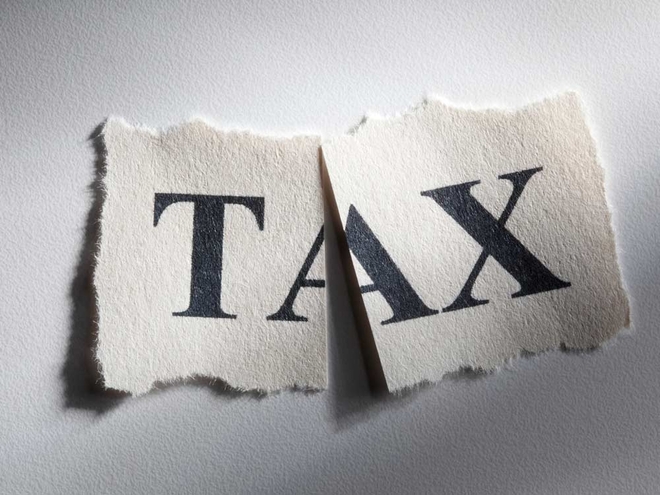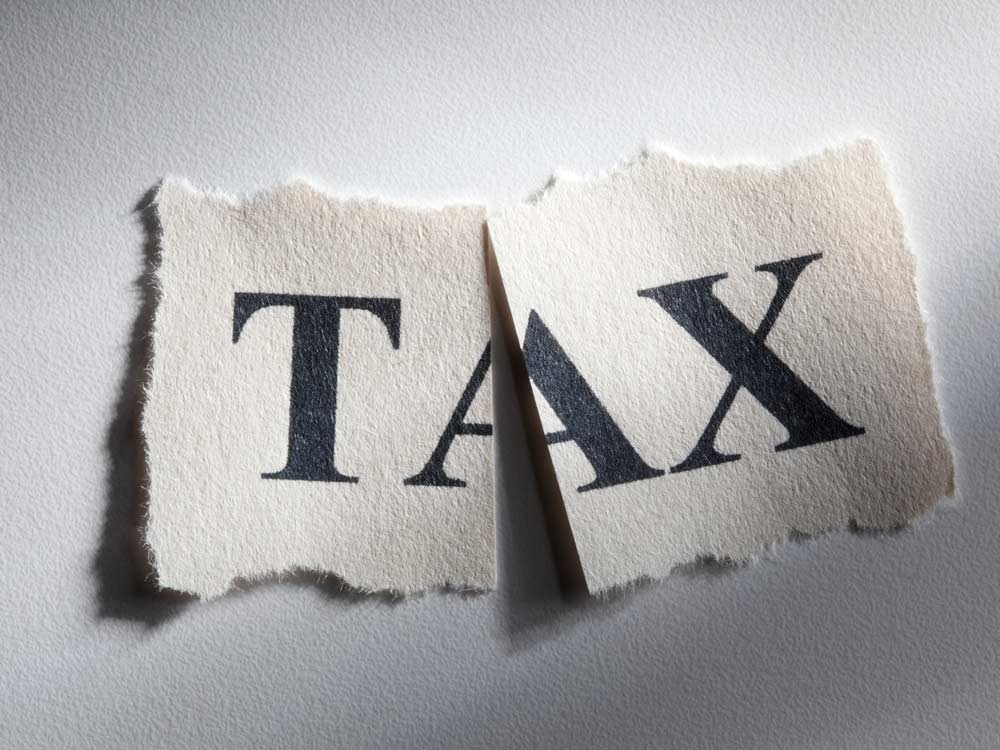
Income tax is an instrument used by the government to achieve its social and economic objectives. Simply put, tax is a duty or tariff that earning individuals pay to the Government in exchange of certain benefits such as law and order, healthcare, education, infrastructure, and a lot more. With proper planning, your tax liability can be reduced and optimised effectively, leaving you with a greater share of your income in your hands than being paid out as tax. In this article, we will explain some terms used frequently in the context of income tax.
Previous year: Income earned in the 12 months contained in the period from 1st April to 31st March (Financial Year) is taken into account when calculating income tax. Under the Income Tax Act, this period is called the previous year.
Assessment Year: It is the 12-month period, 1st April to 31st March, immediately following the previous year. In the assessment year, a person files his return for the income earned in the previous year. For example, for Financial Year 2020-21 the Assessment Year is 2021-22. You are required to pay tax if your income in a particular year is above the minimum threshold in the income tax slab you fall in. There is however, certain other criteria that decides whether you need to pay income tax, depending on your residential status in India.
The three different residential statuses are:
- Resident Indian
- Non-Resident Indian (NRI)
- Not Ordinarily Resident (NOR)
Gross Total Income: The gross total income is the sum of all sources of income that an individual has or the total income he earns in a financial year. It can fall into one of the following five heads:

